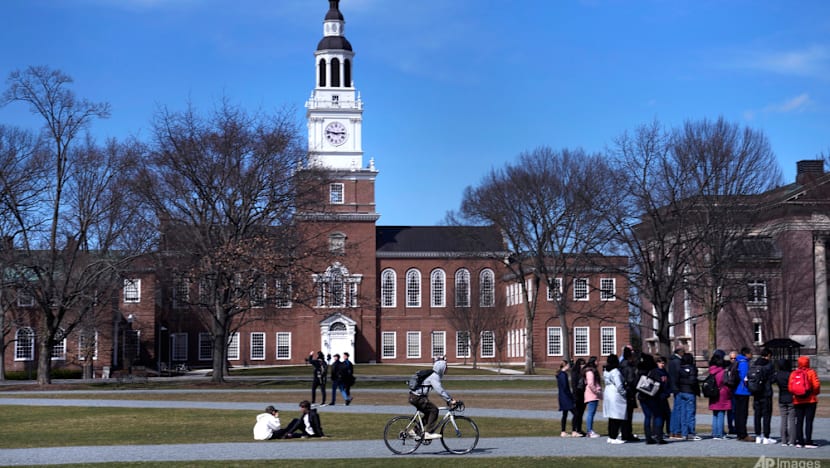World
Trump Administration Sets Terms for College Federal Funding

The administration of President Donald Trump has introduced a set of requirements for U.S. colleges seeking preferential access to federal funding. According to a report by the Wall Street Journal published on October 1, 2020, universities must agree to a 10-point memo that outlines specific conditions to qualify for federal grants.
Among the stipulations, schools are required to discontinue the use of race or sex as factors in hiring and admissions processes. Furthermore, the memo mandates that institutions freeze tuition rates for five years, limit international undergraduate enrollment to a maximum of 15 percent, and ensure that applicants take standardized tests such as the SAT. The administration is also pushing for measures to address grade inflation.
Letters were sent to an initial group of nine universities, including Vanderbilt University, Dartmouth College, and the University of Pennsylvania, soliciting their agreement and feedback on these terms. Institutions that comply with the requirements will be eligible for “multiple positive benefits,” including what the letter describes as “substantial and meaningful federal grants.”
The White House and the U.S. Department of Education did not respond immediately to requests for comment regarding the memo. Since his inauguration, President Trump has threatened to cut federal funding to universities over various issues, including protests related to U.S. foreign policy, policies concerning transgender individuals, climate change initiatives, and programs focused on diversity, equity, and inclusion.
Critics, including rights advocates, have expressed concerns over potential infringements on free speech and academic freedom, arguing that the administration’s actions aim to align educational institutions with the political agenda of the Republican president. Trump has previously characterized many universities as fostering “anti-American” sentiments.
May Mailman, senior adviser for special projects at the White House, indicated that the administration hopes educational institutions will perceive these new requirements as reasonable. The move represents a significant shift in the relationship between federal funding and university governance, as the Trump administration seeks to assert greater control over higher education institutions.
As universities consider the implications of these terms, the landscape of federal funding in higher education may undergo substantial changes, impacting not only institutional policies but also the broader academic environment across the nation.
-

 Business5 months ago
Business5 months agoKenvue Dismisses CEO Thibaut Mongon as Strategic Review Advances
-

 Lifestyle4 months ago
Lifestyle4 months agoHumanism Camp Engages 250 Youths in Summer Fest 2025
-

 Sports4 months ago
Sports4 months agoDe Minaur Triumphs at Washington Open After Thrilling Comeback
-

 Sports5 months ago
Sports5 months agoTupou and Daugunu Join First Nations Squad for Lions Clash
-

 Top Stories5 months ago
Top Stories5 months agoColombian Senator Miguel Uribe Shows Signs of Recovery After Attack
-

 World5 months ago
World5 months agoASEAN Gears Up for Historic Joint Meeting of Foreign and Economic Ministers
-

 Health4 months ago
Health4 months agoNew Study Challenges Assumptions About Aging and Inflammation
-

 Business5 months ago
Business5 months agoOil Prices Surge Following New EU Sanctions on Russia
-

 Entertainment4 months ago
Entertainment4 months agoDetaşe-Sabah Violin Ensemble Captivates at Gabala Music Festival
-

 Entertainment4 months ago
Entertainment4 months agoBaku Metro Extends Hours for Justin Timberlake Concert
-

 Top Stories5 months ago
Top Stories5 months agoRethinking Singapore’s F&B Regulations Amid Business Closures
-

 Business5 months ago
Business5 months agoU.S. House Approves Stablecoin Bill, Sends to Trump for Signature









